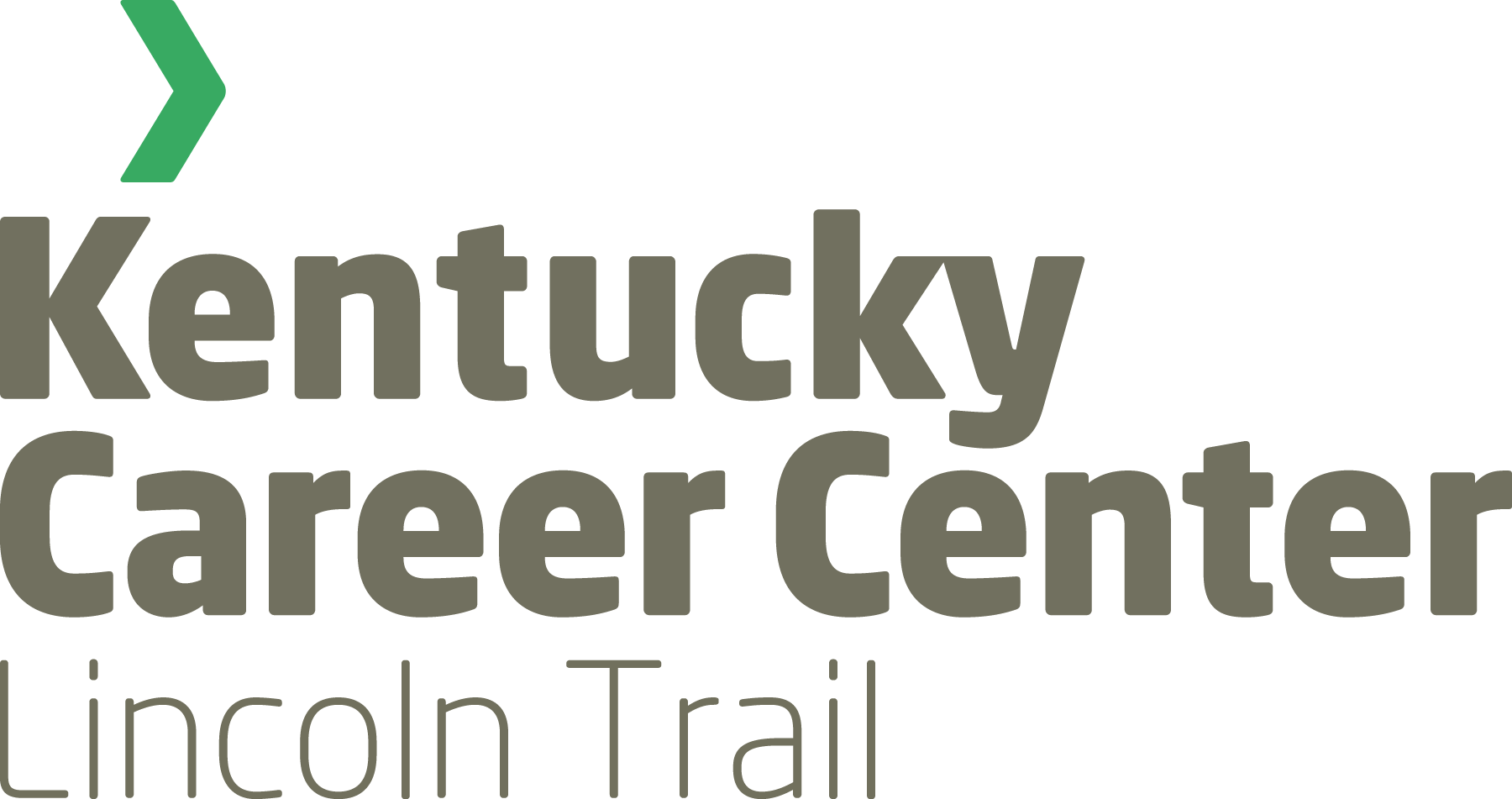LTWDB hosts third annual workforce summit
Virtual event explored how to increase workforce participation
The Lincoln Trail Workforce Development Board (LTWDB) Workforce Crisis Task Force today hosted its third annual Workforce Summit. The event, held virtually this year due to the COVID-19 pandemic, gathered fifty business and community leaders together to discuss new ways to support workforce and economic development, challenges faced by employers and job seekers, and successful, innovative solutions.
Over the last year, the Work Force Crisis Task Force has engaged 118 business community members, 59 education and training community members, 30 state office representatives and policy makers and 39 community services and organizations.
Members of the task force presented information on meeting community needs in the evolving economic landscape, as well as visionary strategies that will help guide the eight-county region forward and fuel economic success. Key topics included how communities are implementing innovative strategies such as felony expungement, work-based learning and localizing regional workforce goals. While progress is evident, organizers invited attendees to participate in county roundtables and provide valuable insight into ways the task force can better serve the workforce needs in the region.
“Because the need for skilled, available workers continues to grow, the task force strives to create new paths for residents to join the workforce,” said LTWDB member and task force chairman Jim Rachlin. “This summit allowed us not only to share several innovative ideas developed throughout the year, but also to coordinate and strategize with local leaders on ways to further support workforce success.”
The task force seeks ways to meet workforce needs through three subcommittees: Grow Business Engagement, Remove Obstacles and Unlock Local Potential. Members of the task force presented solutions developed over the past year in each of these areas, which have a direct impact on workforce participation. In the Lincoln Trail region, workforce participation is at 60.5 percent, greater than the statewide participation of 59.2 percent, but less than the national rate of 64.2 percent.
The Grow Business Engagement subcommittee works to increase the likelihood for success in employee recruitment and retention across multiple companies. This year, the Bardstown Nelson County Chamber of Commerce (BNCC) created local subcommittees that mirror the structure within the task force, which has culminated in the creation of the BNCC Workforce Hub, a place to connect all workforce projects and initiatives in Bardstown and Nelson County. This organization of resources has enabled BNCC to better serve its members and is bringing the structure of the task force to the local level – a model the Workforce Crisis Task Force hopes to replicate in other counties in the coming year.
The Remove Obstacles subcommittee is focused on clearing pathways for those who face barriers to employment such as unreliable transportation and criminal records. This year, the successful completion of the pilot Expungement Benefit Program at Hardin Memorial Health was announced. Through this program, employers assist employees with the expungement process and associated costs to remove qualifying Class D felony convictions from their records, which can be an impediment to successful employment. The subcommittee put together a how-to guide on how employers can create an expungement benefits program and is available at www.ltcareercenter.org/expungement.
Also, in response to the opioid crisis, the subcommittee collaborated with the state’s Strategic Initiative for Transformational Employment to expand the number of transformational employers and decrease barriers to workforce participation.
The Unlock Local Potential subcommittee is dedicated to ensuring all regional students have access to high-quality, on-the-job learning opportunities within local industries. It has worked to understand interests of local high school students in programs at Elizabethtown Community and Technical College while bridging those interests with local employment opportunities. Also, the subcommittee is actively exploring opportunities to increase work-based learning opportunities (WBLOs). Students who participate in these internships, co-ops or apprenticeships in the region are more likely to remain in the region, increasing the size and quality of the available workforce. More information about WBLOs is available at www.ltcareercenter.org/wblo.
“Several factors impact workforce participation, which is why we have developed this multi-leveled approach to help solve the need for skilled, available workers in our region,” said Rep. Dean Schamore, LTWDB chairman. “As we continue on the successful path we’ve set, we also are looking forward to what we can do in the future.”
To learn more about the Workforce Crisis Task Force and to join the effort, contact Sherry L. Johnson, Associate Director at Lincoln Trail Area Development District, at 270-769-2393 or sherry@ltadd.org. To keep up with the task force’s work, subscribe to its newsletter by emailing info@strategymatters.org.
About Lincoln Trail Workforce Development Board: The Lincoln Trail Workforce Development Board leads the region’s workforce system; convenes leaders in business and industry, education and training, community non-profit and more; sets conditions for employers to find the talent they need to succeed and grow; promotes career pathways to help job seekers gain self-sustaining employment; and leverages federal, state, local and private funding sources. The Lincoln Trail Region includes Breckinridge, Grayson, Hardin, LaRue, Marion, Meade, Nelson and Washington counties.
Our Social Networks


